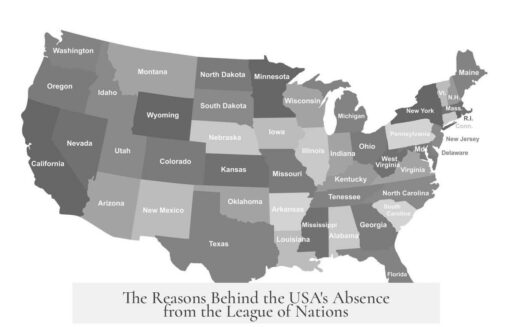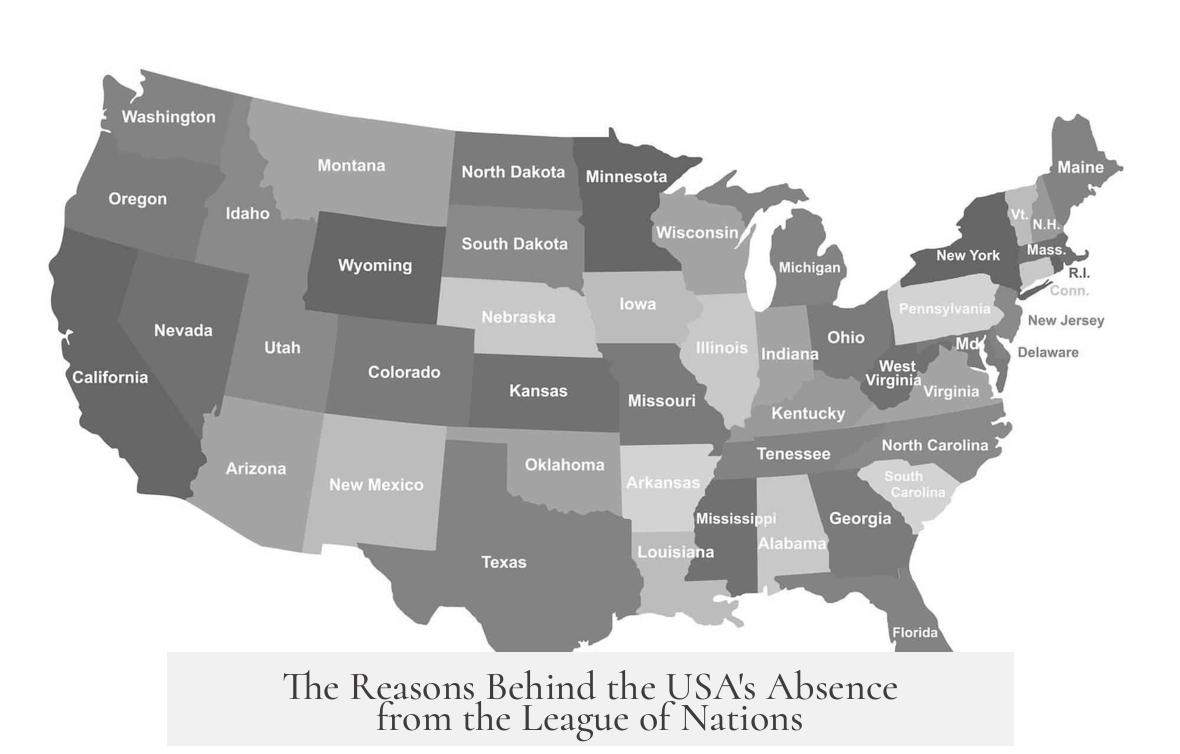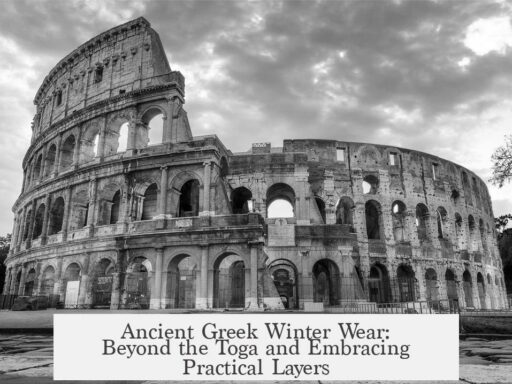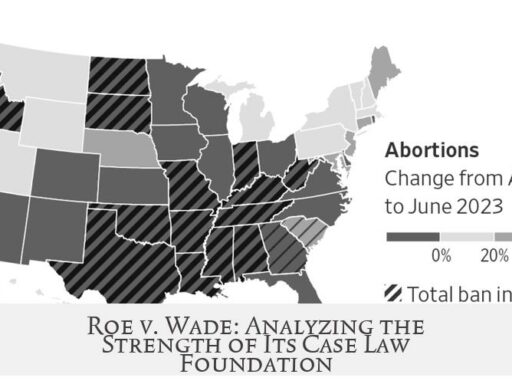The USA was not part of the League of Nations due to strong political opposition rooted in nationalism and concerns about losing control over its military decisions, particularly over Article X of the League’s Covenant.
The common belief that the USA avoided the League because of isolationism is inaccurate. Isolationism was part of a wider nationalism trend rather than a standalone cause. In fact, the US had remained somewhat isolated from European conflicts since the early 1900s, even during World War I, without formally adopting isolationist policies.
The decisive factor was political disagreement, especially on conditions set by the League. Senator Henry Cabot Lodge, a leading Republican and chairman of the Senate Committee on Foreign Relations, led the opposition. His main concern was with Article X of the League’s Covenant.
“The Members of the League undertake to respect and preserve as against external aggression the territorial integrity and existing political independence of all Members of the League. In case of any such aggression or in case of any threat or danger of such aggression the Council shall advise upon the means by which this obligation shall be fulfilled.”
This article effectively required member nations to respond to calls for collective military action to defend any member state under threat or attack. Lodge, however, argued this infringed on the United States’ constitutional authority. He believed no foreign body should force the US into military engagement without Congressional approval.
Lodge drafted fourteen “Lodge Reservations” to the Treaty of Versailles, which included the League Covenant. These reservations aimed to safeguard US sovereignty over decisions to declare war. He feared that joining the League under existing terms would entangle the US in European conflicts, thus threatening American independence and security.
In a 1919 speech, Lodge stated: “(…) The United States is the world’s best hope, but if you fetter her in the interests and quarrels of other nations, if you tangle her in the intrigues of Europe, you will destroy her powerful good, and endanger her very existence (…)”
This opposition was not merely about isolation versus international engagement. It centered on keeping US control over war powers instead of ceding it to an international organization. The US Constitution grants Congress the power to declare war, which Lodge insisted must be preserved.
The political landscape was divided within the Democratic Party, complicating President Woodrow Wilson’s attempts to pass the treaty. This internal split allowed the Republicans, led by Lodge, to block the ratification. Wilson refused to accept Lodge’s reservations, particularly regarding Article X. Ultimately, the Senate failed to achieve the needed two-thirds majority to ratify the treaty.
As a result, the US did not join the League of Nations and instead signed separate peace treaties with Germany and Austria-Hungary. This absence undermined the League’s credibility and effectiveness in maintaining post-war peace.
The long-term impact of this debate influenced the design of later international organizations. When the United Nations was established in 1945, it reflected concerns similar to Lodge’s. The UN Security Council granted veto power to permanent members, effectively giving them control over decisions of military engagement, thus preserving national sovereignty in key powers.
- The US rejection of the League of Nations was driven by nationalism and political disagreement, not pure isolationism.
- Article X of the League’s Covenant required members to defend others militarily, raising constitutional concerns.
- Senator Henry Cabot Lodge opposed joining without reservations protecting US Congressional war powers.
- Internal Democratic divisions allowed Senate Republicans to block treaty ratification.
- The US signed separate peace treaties and stayed out of the League, weakening it globally.
- Concerns over sovereignty influenced the structure of the later United Nations Security Council.
Why Wasn’t the USA a Part of the League of Nations?
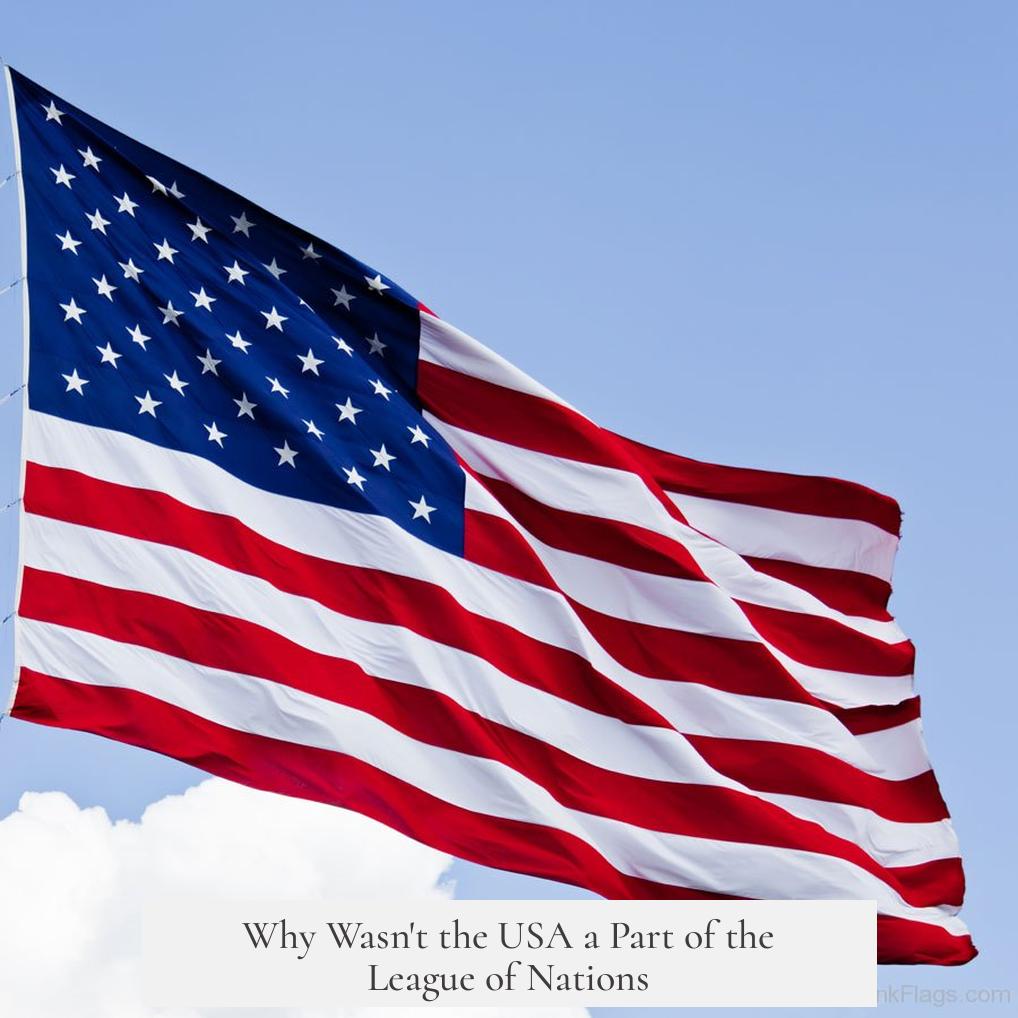
The United States didn’t join the League of Nations because of a strong political disagreement rooted in nationalism and concerns about losing control over war decisions, particularly regarding Article X of the League’s Covenant. Let’s unpack why this happened, clear up some misconceptions, and explore how these events shaped international relations.
First off, many people think the U.S. stayed out of the League simply because it wanted to isolate itself from world affairs. That’s a bit of a myth. It’s true the U.S. embraced some isolationist policies after World War I, but isolationism itself wasn’t the primary cause. Instead, it’s nationalism – a fierce pride in and desire to protect American sovereignty – that played a key role.
Interestingly, the U.S. hadn’t exactly been active on the world stage even during World War I until it entered the conflict late. This wasn’t a case of “shutting the door” suddenly; it was more like the door was always slightly ajar but the U.S. never fully walked through it until necessity demanded. Even then, the American approach leaned toward selective engagement, preferring to stay somewhat apart from Europe’s tangled alliances and disputes.
The Political Roadblock: Henry Cabot Lodge and the Senate
The real battle over joining the League was fought in Washington, D.C., not in Paris where the League was created. Senator Henry Cabot Lodge, a Republican and chairman of the Senate Committee on Foreign Relations, led the charge against U.S. membership. Lodge wasn’t against international cooperation in principle but was fiercely nationalistic. He believed America should not surrender power to an international body capable of dragging the country into unnecessary wars.
Here’s the crucial point: Lodge opposed the League as it was proposed. The sticking point was Article X of the League Covenant. This article promised members would protect each other’s territorial integrity against aggression, potentially forcing the U.S. into military action without Congressional approval.
Article X: The Controversial Clause
“The Members of the League undertake to respect and preserve as against external aggression the territorial integrity and existing political independence of all Members of the League… In case of any such aggression… the Council shall advise upon the means by which this obligation shall be fulfilled.”
In simple terms, Article X was a promise: if another country attacked a League member, all members would act. At that time, this was interpreted as a binding commitment, possibly including military action. Lodge saw this as a clear threat to American sovereignty because it could push the U.S. into war without Congressional approval.
Congress holds the sole power to declare war according to the Constitution. Lodge argued no foreign power or international organization should override that. Thus, he introduced the Lodge Reservations, fourteen amendments aimed at protecting American decision-making.
The Political Tug of War
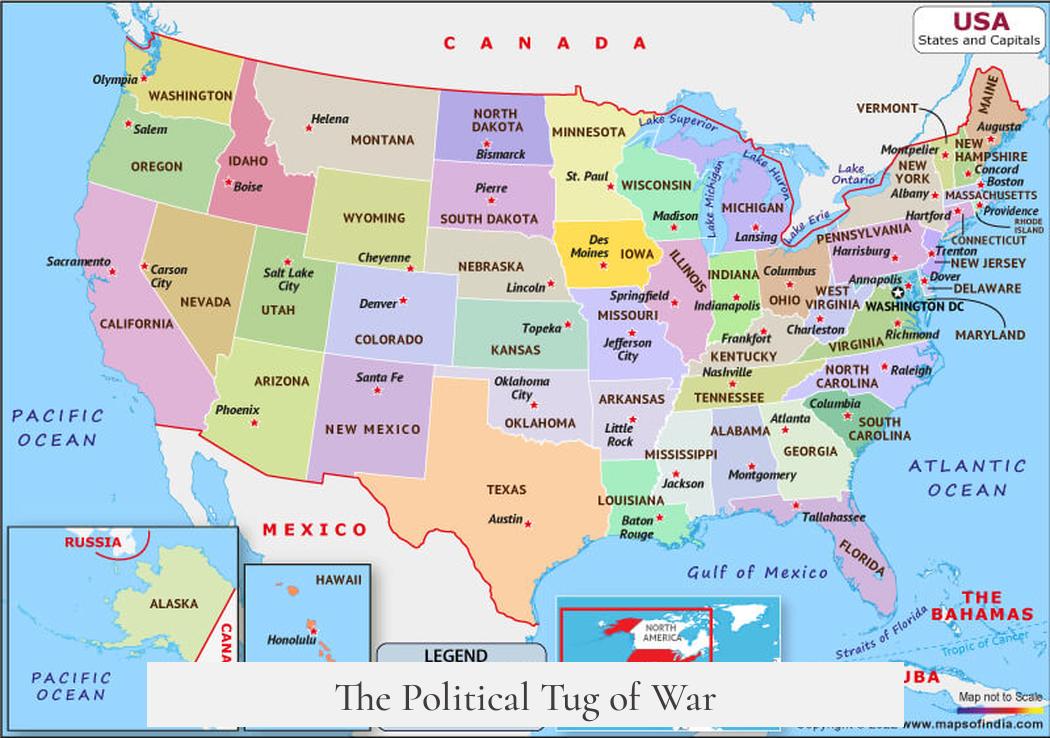
President Woodrow Wilson, a leading force behind the League, refused to accept changes to Article X. His vision was one of collective security – if the world united under the League, wars might be prevented altogether. Unfortunately, Wilson’s refusal to compromise led to a deadlock.
The Senate, divided along party lines, could not muster the two-thirds majority needed to ratify the Treaty of Versailles and join the League. The Democratic Party was split internally on the issue, which only helped Republicans, led by Lodge, block the treaty.
Consequences and the Legacy
The U.S. rejection of the League had immediate and long-term impacts. Immediately, America signed separate peace treaties with Germany and Austria-Hungary, sidestepping the collective approach. This decision signaled a return to unilateralism, or at least selective internationalism.
Yet, ironically, Lodge’s vision partly prevailed decades later. When the United Nations formed in 1945, it included provisions like the veto power for permanent Security Council members – essentially ensuring major powers retain control over decisions, including military interventions.
So, Was It Just About Isolationism?
Not really. It’s easy to blame isolationism for the U.S. staying out. But the facts suggest a deeper story: American nationalism and constitutional concerns about the power to declare war. Would you hand over key decisions about peace and war to an international council? Lodge and others said “No way.”
Today, this episode reminds us about the delicate balance countries face between working together globally and protecting national sovereignty. The U.S. wasn’t rejecting cooperation outright. It just wanted to keep the reins firmly in its own hands.
Final Thoughts: Lessons From History
The U.S. absence from the League didn’t just delay American participation in international diplomacy. It shaped the very idea of how international organizations should operate and highlighted the importance of respecting domestic political processes in foreign policy decisions.
If you ever wondered why America often prefers bilateral agreements or organizations where it has a big influence, look no further than Henry Cabot Lodge and Article X. It’s all about keeping control—and sometimes, a bit about pride too.
So next time you hear someone blame “isolationism” for the League of Nations snub, remember: it’s a story of politics, power, and the careful art of not getting tangled up in other countries’ quarrels. Sounds pretty reasonable, right?
